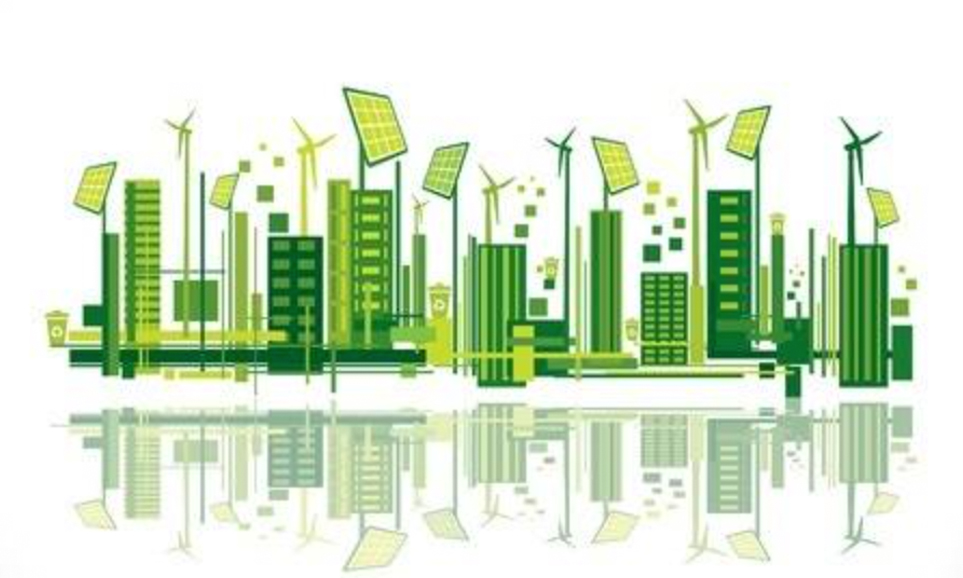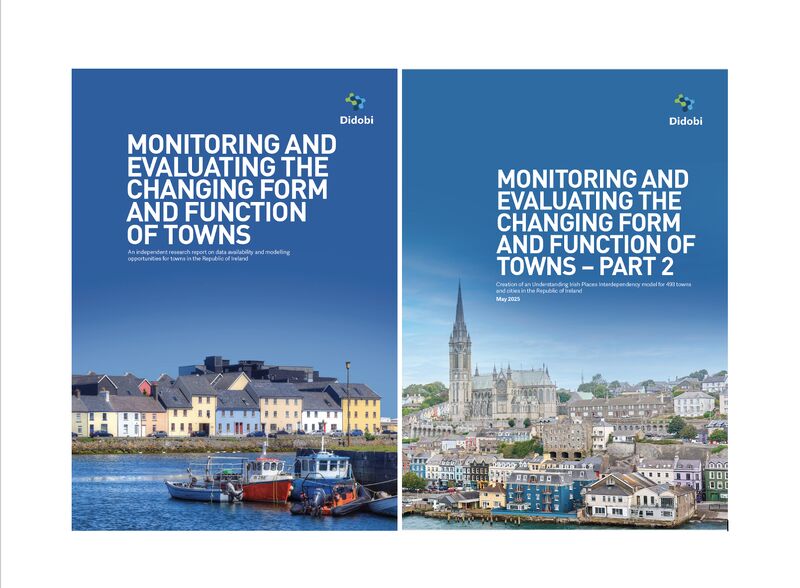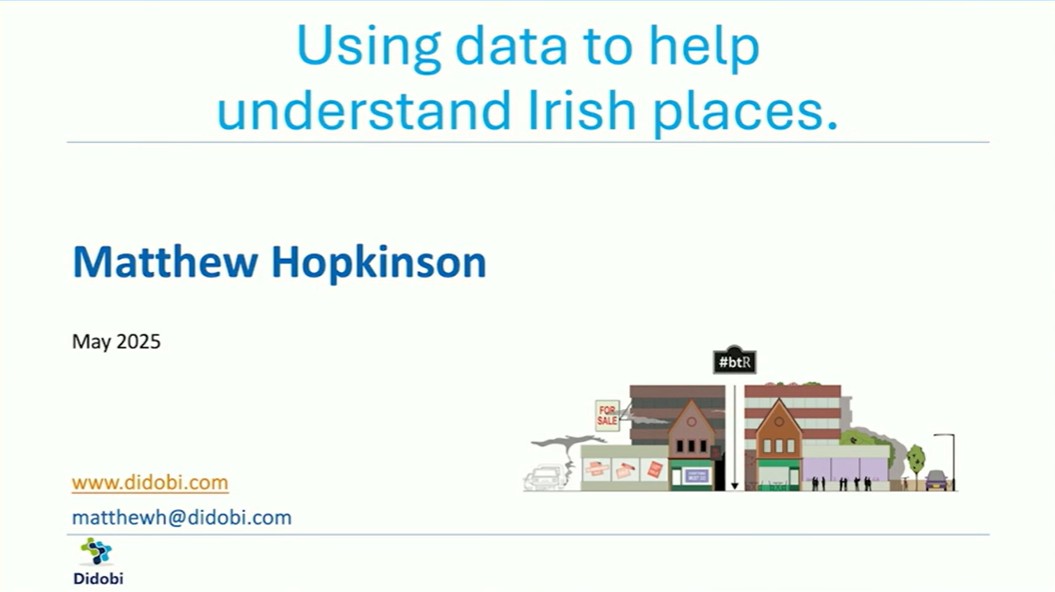
Why is sustainable investment so important to the commercial property market?
In this article, Didobi Associate, Mark Charlton, highlights the importance of sustainable investment and why you need to take action now to understand and deliver against the ESG goals your investors and tenants will demand .
Background
With the growing focus on social responsibility both in the UK and worldwide, environment, social and governance (ESG) issues have risen up the corporate and investment management agenda. The real estate industry, as a whole, has a central role to play in a more sustainable world given its use of materials and land and the fundamental role that property plays in many aspects of life.
As long-term investors, pension funds are able to invest in assets that demonstrate responsible behaviour and to make a positive contribution to major social and environmental challenges.
Although evidence is in short supply, “research is showing that green properties improve returns and future-proof the value of real estate investments”[1]. Unfortunately, BNPRE does not actually reference the research that demonstrates premium returns!
M&G Real Estate research[2] notes an acceleration in the investor shift towards energy efficiency and emissions regulation. It also highlights a number of positive factors relating to investment in green buildings:
- Certified buildings can generate higher distributable income, despite higher operating costs
- Margin discounts offered by green lenders add to fund performance
- Green buildings can exhibit lower systemic risk through more stable income
M&G undertook research on certified building within its European investments – representing about 25% of its assets under management at the time (2018). Table 1 illustrates potential yield premium for certified buildings vs non-certified buildings, resulting in a 19 bps premium in distributable income.
Table 1: Yield premium: certified vs non-certified buildings

Source: M&G Real Estate, 2018
From 2009 GRESB, an investor driven organisation, started to monitor and transform the way investors assess and benchmark ESG performance of real assets, globally. The 2020 real estate benchmark covers more than 1,200 property companies, REITs, funds and developers with combined assets of $5.3 trillion.

The following is an extract from www.gresb.com: GRESB’s mission is to assess and benchmark the ESG and other related performance of real assets, providing standardised and validated data to the capital markets. GRESB Assessments are guided by what investors and the industry consider to be material issues in the sustainability performance of real asset investments and are aligned with international reporting frameworks, such as GRI, PRI, SASB, DJSI, TCFD recommendations, the Paris Climate Agreement, UN SDGs, region and country specific disclosure guidelines.
The following ESG benchmarks are produced for the industry:
- Real Estate Benchmark
- Real Estate Development Benchmark
- Infrastructure Fund Benchmark
- Infrastructure Asset Benchmark
Participants receive comparative business intelligence on where they stand against their peers, insight into the actions they can take to improve their ESG performance and a communication platform to engage with investors.
Investors use the ESG data and GRESB’s analytical tools to monitor their investments, engage with their managers, and make decisions that lead to a more sustainable and resilient real asset industry.
Research by Brounen and van der Spek in 2017[3], analysed the performance of European non-listed funds by combining INREV and GRESB data, using the GRESB scores to enhance non-listed fund performance.
The research highlights three key findings:
- A new initiative, like GRESB, separates the industry into early, late and non-adopters. For GRESB, the data showed that large funds opted in first and the total returns of those early adopters significantly exceed that of late adopters. However, once that analysis adjusted for fund characteristics, the return profile reduced to zero. Strong performers tended to be early adopters and the strong fund performance appeared to be pre-existing.
- High total GRESB scores are associated with higher excess returns.
- The relationship between GRESB scores and fund returns is not immediate. While the time series is relatively short, the use of lagged GRESB scores contributed to a better understanding of subsequent INREV fund returns.
KPMG [4]reports that COVID-19 is also highlighting sustainability and wellness issues within the real estate sector. From a KPMG survey in 2020, 54% of respondents stated that their portfolio strategy will be changing to take more account of ESG (figure 1). Further, 88% of respondents expected there to be an increased demand from tenants for buildings scoring highly in terms of ESG (figure 2).
Figure 1. KPMG Survey 2020

Figure 2. KPMG Survey 2020.

ESG is now a major consideration amongst investors. Suffice to say, it is not going away and is, in fact, building momentum. Incorporating ESG considerations into portfolio strategy and benchmarking performance will be seen as an essential component going forward as “investors demand more and better adherence to sustainable practices”[5].
“An investment in knowledge pays the best interest.” Benjamin Franklin
Get in touch to see how we can help you develop a sustainable investment strategy, meet your investors needs and deliver higher returns.
[1] Sustainable investment: the future of real estate, BNPRE, 2018
[2] Green buildings: what are the financial benefits for investors? M&G Real Estate November 2018
[3] Sustainable Insights in Private Equity Performance – Evidence from the European Non-listed Real Estate Fund Market, Dick Brounen and Maarten van der Spek, July 2017
[4] Real Estate in the New Reality, KPMG International, September 2020
[5]Spotlight on Sustainable Investing – Attractions of sustainable DGF’s for Defined Contribution schemes, M&G Investments, November 2020






Leave a comment: